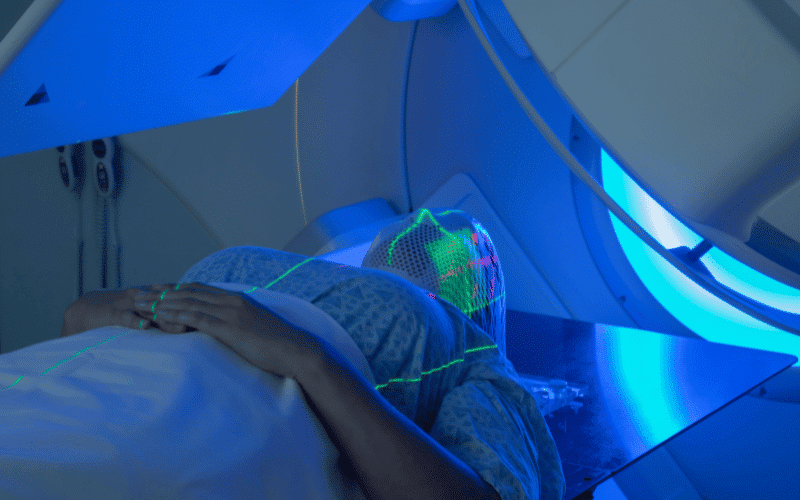Frequently Asked Questions

1. What are the early signs of head and neck cancer?
Early signs of head and neck cancer can include a persistent sore throat, unexplained weight loss, changes in voice, difficulty swallowing, and constant coughing. It could also manifest as swelling or lumps in the neck, ear pain or hearing loss, frequent nosebleeds and nasal congestion, white or red patches in the mouth, and facial numbness or paralysis.
2. Can head and neck cancer be cured?
The prognosis for head and neck cancer depends on several factors, including the type and stage of cancer, the patient’s overall health, and the treatment plan. Early detection and treatment significantly improve the chances of successful management or cure.
3. Is a persistent sore throat a sign of cancer?
While a persistent sore throat can be a symptom of throat cancer, it’s also a common symptom of many less serious conditions, such as a viral infection or acid reflux. If you have a sore throat that lasts more than two weeks, it’s recommended to consult a healthcare professional.
4. What causes white or red patches in the mouth?
White or red patches in the mouth, known as leukoplakia and erythroplakia, can be caused by chronic irritation, such as from smoking or alcohol use. However, they can also be an early sign of oral cancer. If you notice such patches that don’t disappear within two weeks, you should seek medical advice.
5. What could cause facial numbness or paralysis?
Facial numbness or paralysis can be caused by various conditions, including Bell’s palsy, a stroke, or Lyme disease. However, it can also be a symptom of nasopharyngeal cancer. If you experience facial numbness or paralysis, it’s important to consult a healthcare professional to determine the cause.
Conclusion: Understanding the Symptoms of Head and Neck Cancer
Head and neck cancer is a group of cancers that typically begin in the squamous cells that line the moist, mucosal surfaces inside the head and neck. Recognizing the early symptoms of head and neck cancer is critical to timely diagnosis and effective treatment. The signs can range from a persistent sore throat, unexplained weight loss, changes in voice, and difficulty swallowing, to more concerning symptoms such as constant coughing, ear pain or hearing loss, frequent nosebleeds, and nasal congestion.
More subtle symptoms such as white or red patches in the mouth can indicate oral cancer, while facial numbness or paralysis may suggest nasopharyngeal cancer. It’s important to remember that these symptoms can also be caused by less serious conditions. However, if you experience any of these symptoms, particularly if they persist or are accompanied by other symptoms, it’s important to seek medical attention.
In conclusion, understanding these symptoms and seeking timely advice from healthcare professionals can significantly improve the chances of successful treatment. Like many other cancers, the prognosis for head and neck cancer greatly improves with early detection.